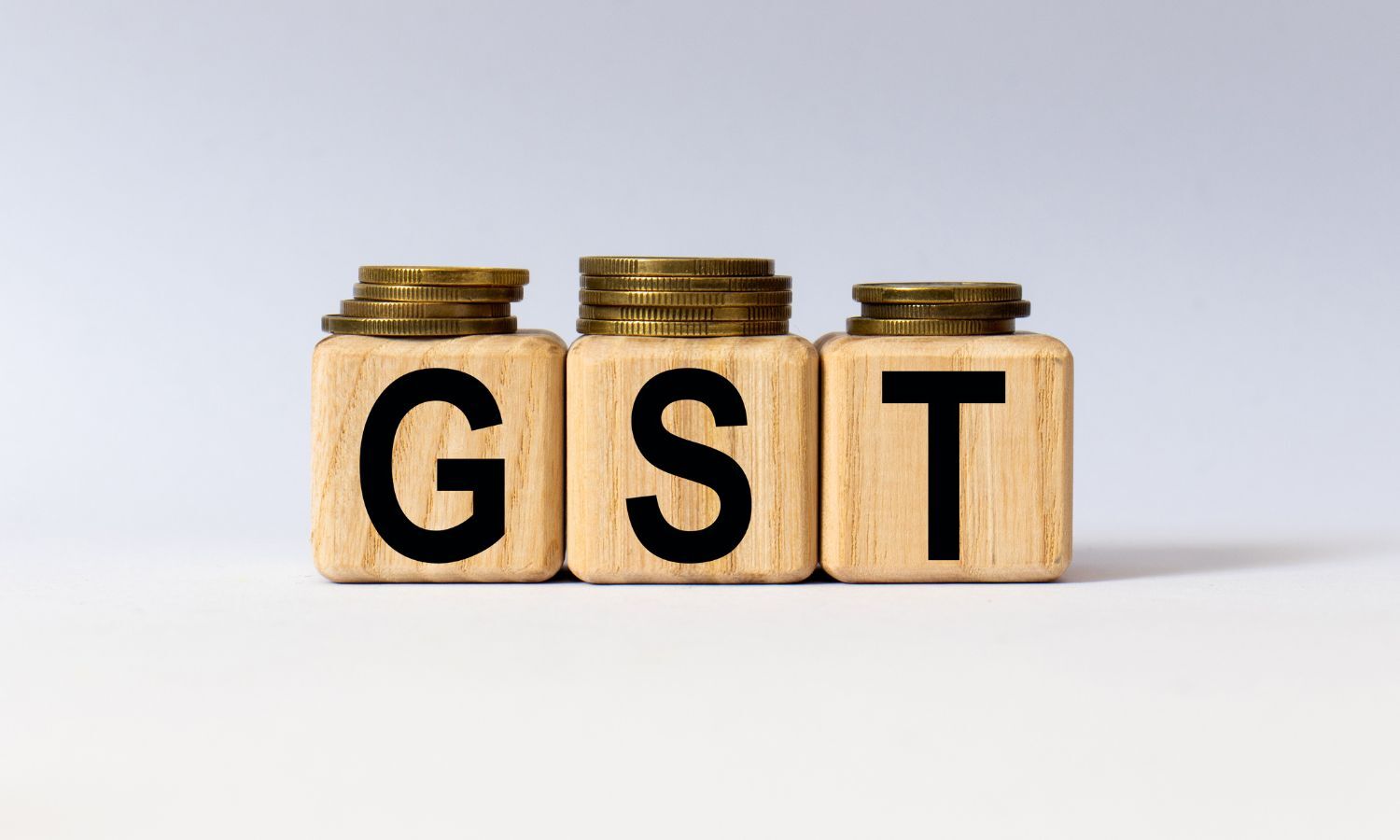
Budget 2019: Startups, MSMEs seek faster payment processing and GST relaxation
19-Jun-2019
Indiatoday
Budget 2019,MSMEs Seek,GST Relaxation
385 Views
With Union Budget 2019-20 less than a month away, startups and small-scale enterprises have sought faster payment processing and relaxation in certain Goods and Services Tax (GST) norms. The twin factor, according to discussions held during a recently held pre-budget consultation meeting, continues to pose serious cash flow problems for MSMEs and startups. Community engagement platform, LocalCircles, was part of the pre-budget meeting that was chaired by finance minister Nirmala Sitharaman and attended by many other senior officials from the finance minister. Based on discussion held, the community engagement platform's chairman Sachin Taparia has shared a list of key issues faced by such entities. Here are some of the top concerns for start-ups and MSMEs:
Faster invoice processing by Government for MSMEs and Startups
Sachin Taparia said many large corporates take several months to pay vendor invoices. However, this creates major cash flow hurdles for startups and MSMEs since they have limited funds at their disposal. "Government last year issued notification number S.O 5622 (E) mandating that all companies must disclose in their half-yearly filing any MSME payments that are pending for over 45 days. It is suggested that the same is made applicable to Government departments (Central and State) and PSUs and they must also be required to pay all MSME invoices within 45 days of invoice," Taparia said.
Faster TDS Refunds
Since many startups and MSMEs have reported a delay in TDS (tax deducted at source) refunds, such entities have requested the government to process TDS refunds within 45 days. Sachin Taparia said some of the startups and small enterprises have not got TDS refunds from returns filed in September 2018.
Timely processing of Input Tax Credit refunds
Startups and MSMEs have also requested the government to engage in timely processing of input tax credit refunds. Since most startups have higher input tax credit and lower output tax, it is a necessity for the government to expedite the process, said Sachin Taparia. "Some startups have reported that refunds of input tax credit are not being processed at all which has led to cash flow issues. It is requested that this process is streamlined and input tax credit refunds for startups are processed on a priority," he said.
Making GST payable upon payment realisation
Inputs received during the pre-consultation meeting also indicated that many startups and MSMEs become liable to deposit their GST on behalf of the customer by 20th of the following month. However, some customers fail to clear payment even after 90 days. "It is suggested that GST should become payable for startups and SMEs at the point of payment realisation, and not invoice generation," Taparia said.
He added that such a move would help startups and MSMEs deal with cash flow issues. "In the event that this is unfeasible and cannot be immediately implemented in this budget, we strongly recommend that law (notification number S.O. 5622(E) dated 2nd November, 2018) is further strengthened so that timely payment compliance improves," he added.
Reverse Charge Mechanism
At the moment, many startups are required to pay GST under the Reverse Charge Mechanism for services procured from abroad. However, for many startups, specialised services and products in the technology domain are supplied from overseas suppliers as these services are not available in India. "These startups, especially in early stages also do not have enough GST output to offset the input tax credit with. Therefore, they are faced with an additional GST cost of 18 per cent--a cost they would not incur if their registered office was located outside India. It is suggested that all startups and if not feasible at least startups with a turnover of less than Rs 10 crores should be exempted from GST under the Reverse Charge Mechanism for foreign vendor payments," Taparia said.
ESOP Taxation
Another issue which has been affecting startups and its employees is the taxation pattern in Employee stock ownership plan (ESOP). Based on inputs from the startup industry, Taparia said ESOPs should only be taxed only at the time of realisation or sale; not at the time of exercising ESOPs.
"The exercise price for startup ESOPs is only the notional value which tends to change and could also see a downward revision or go to zero," he said.
20 per cent mandatory MSME procurement
For startups, doing business with the government is still highly time-consuming and difficult, according to inputs from the pre-consultation meeting. "While per the new rule 20 per cent of all procurement of government departments should be done through startups, the same is not being enforced. It is, therefore, requested that a mechanism is created that government department actively seek to work with MSMEs and startups and annual audits and conducted to ascertain the following of this rule," Sachin Taparia said.
Source:indiatoday






